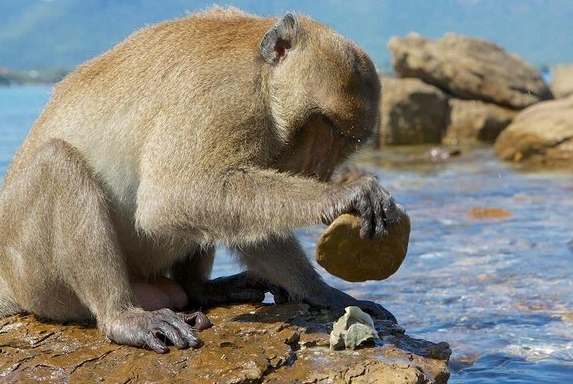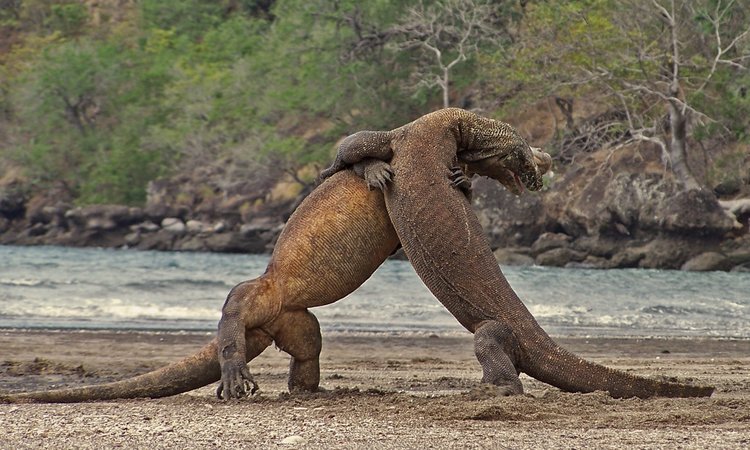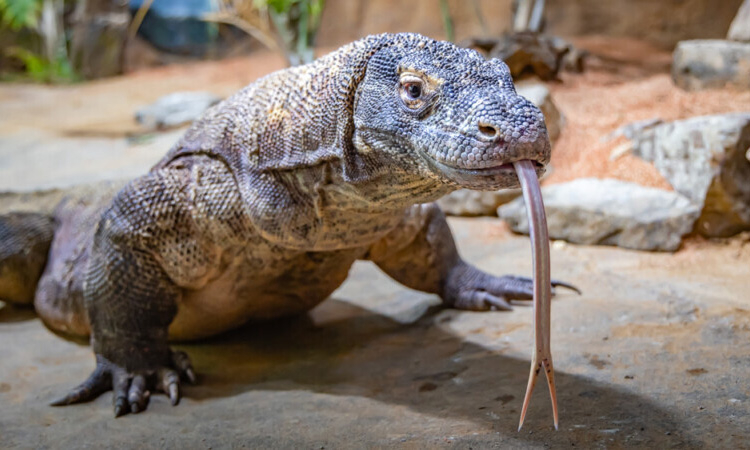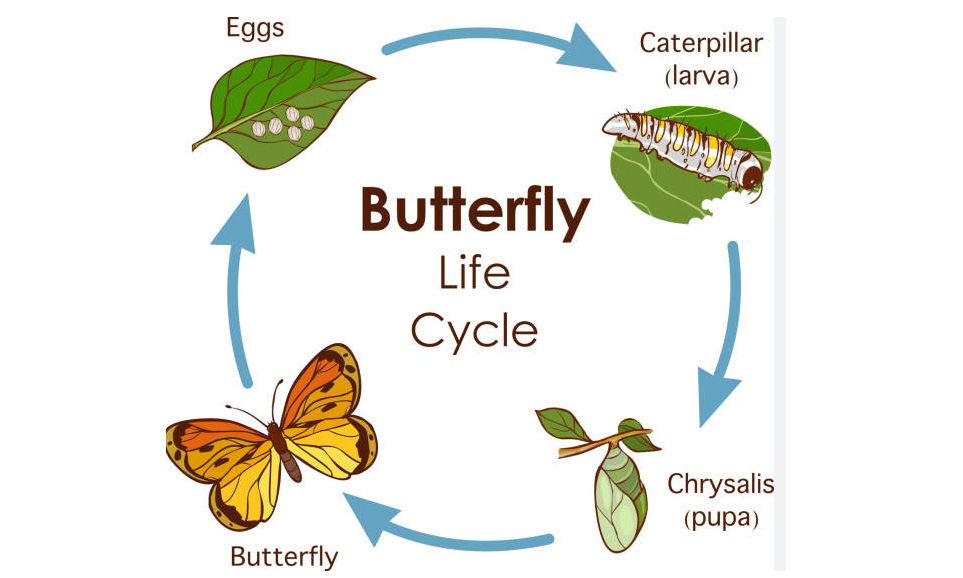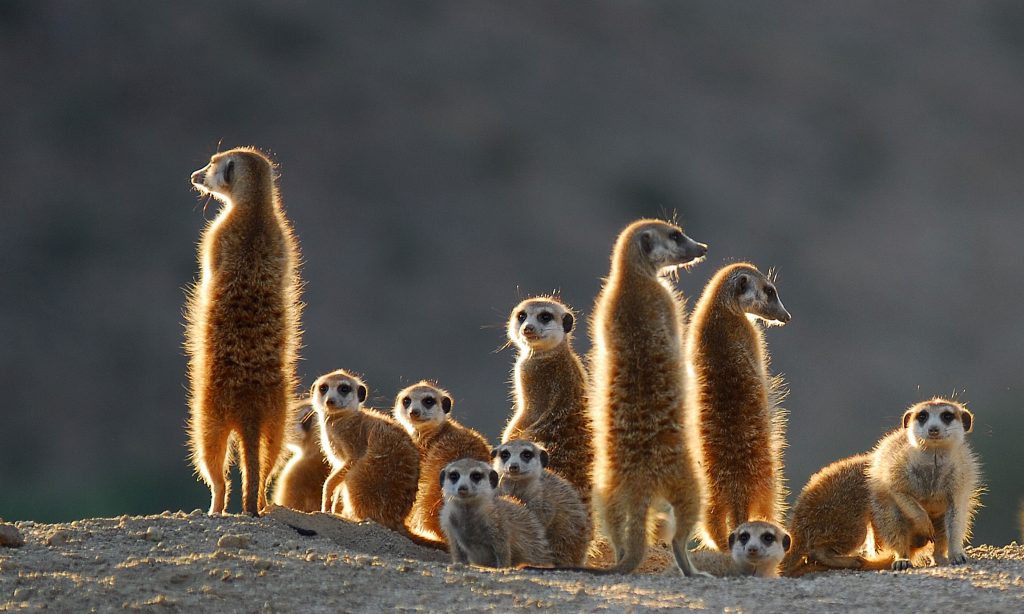Baboons, known for their diverse dietary habits across various habitats, have surprised researchers with their affinity for seafood. While traditionally considered omnivores with a preference for fruits, plants, and small animals, some baboon populations have exhibited a keen interest in coastal cuisine, particularly seafood. So baboons like to eat seafood.
Discovery of Seafood Consumption:
The revelation of baboons’ fondness for seafood came as a surprise to scientists studying their behavior in coastal regions. Initially observed foraging along the shores, baboons were observed not only scavenging for crustaceans and mollusks but also actively hunting for fish in tidal pools and shallow waters.
Nutritional Benefits:
Seafood provides baboons with a rich source of essential nutrients, including protein, omega-3 fatty acids, and minerals such as iodine and selenium. These nutritional benefits contribute to their overall health and well-being, particularly in environments where alternative food sources may be scarce or seasonally limited.
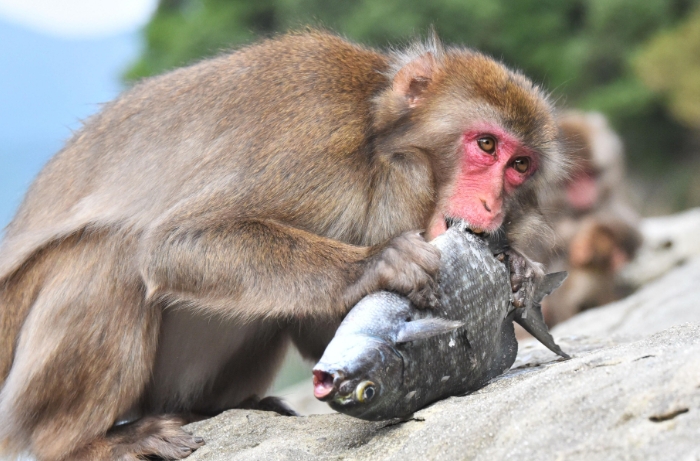
Adaptations for Seafood Consumption:
Baboons have demonstrated remarkable adaptations to capitalize on their newfound culinary preference. Their dexterous hands and sharp eyesight enable them to efficiently locate, capture, and extract shellfish from rocky crevices and sandy substrates. Additionally, their strong jaws and teeth facilitate the cracking open of shells to access the succulent flesh within.
Social Dynamics and Feeding Behavior:
Observations of baboon troops engaging in seafood foraging have revealed intriguing social dynamics and feeding behavior. Dominant individuals often assert control over prime foraging sites, monopolizing access to abundant seafood resources. Subordinate members may resort to opportunistic scavenging or form alliances to compete for their share of the coastal bounty.
Impact on Ecosystems:
Baboons’ consumption of seafood can have ecological implications, particularly in areas where they coexist with other coastal species. Their foraging activities may influence the distribution and abundance of intertidal organisms, potentially shaping local ecosystems through predation and resource exploitation.
Conservation Considerations:
Understanding baboons’ dietary flexibility, including their unexpected penchant for seafood, is essential for conservation efforts aimed at preserving their habitats and mitigating human-wildlife conflicts. Conservationists must consider the complex interactions between baboons, their environment, and anthropogenic factors to develop sustainable management strategies.
The revelation that baboons like to eat seafood highlights the remarkable adaptability and dietary versatility of these charismatic primates. Their coastal foraging behavior offers insights into the intricate relationship between animals and their environment, underscoring the importance of holistic conservation approaches that encompass both natural and human-modified landscapes. As researchers continue to unravel the mysteries of baboons’ culinary preferences, one thing remains clear: these resourceful primates never cease to surprise us with their diverse tastes and behaviors.
